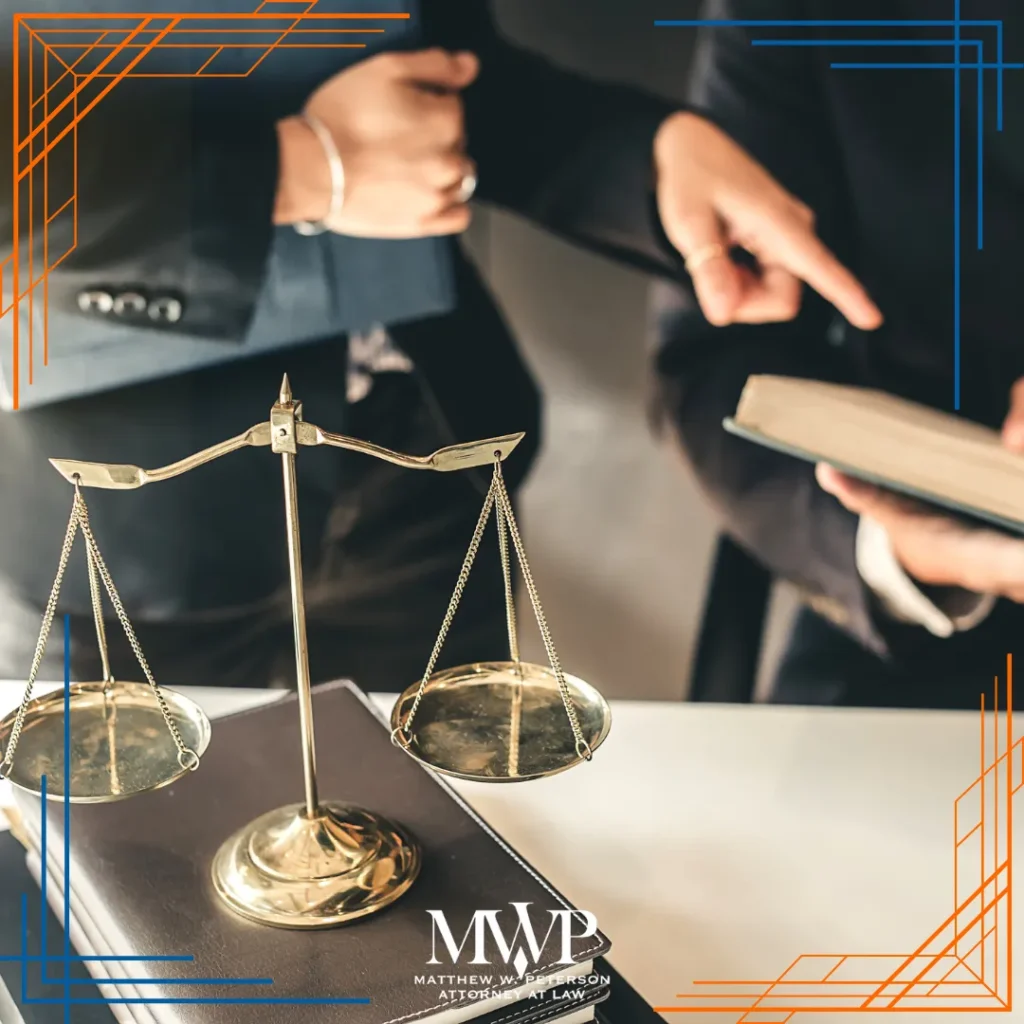Written By: Matthew W. Peterson
Published: 12/10/2019
Share Us:

If you’re looking to file a restraining order or defend against a restraining order, you need a lawyer for a restraining order in Massachusetts to represent you. A restraining order lawyer can protect your rights.
A restraining order is a court order prohibiting one person from contacting another person, abusing them, and coming near them, along with many other possible conditions. These orders are sometimes known as a 209A order (after the section of law) or an abuse prevention order.
209A orders only apply to family members, while a harassment prevention order protects people regardless of relationship. A restraining order lawyer can help you with either situation.
If you have been served with an abuse prevention order or a restraining order, it’s critical to contact a restraining order defense attorney to help defend you. A restraining order can have critical consequences, such as loss of your gun rights, eviction from your home, and restriction of your movement.
Restraining orders can be issued for a shorter period of time ex parte, meaning without the other party being heard. A one-year restraining order or permanent restraining order is generally only issued after a two-party hearing. A Boston domestic violence defense attorney can help you defend against these restraining orders and help you present your defense.
A restraining order hearing can be a critical part of your defense for a domestic violence charge as well. It provides a crucial chance to cross-examine your accuser and determine their credibility. The record of this cross-examination can serve as an important part of your later defense.
An attorney can help you defend against the restraining order, present documents on your behalf, and investigate the case. While I can’t guarantee that I will win, I guarantee that I will fight as hard I can.
Violation of a restraining order is a misdemeanor that can be punished with jail time up to two and a half years. If you’re accused of violating a restraining order, you could be summoned for a clerk magistrate hearing or you could be immediately arrested.
A lawyer can also help file a restraining order. While you can file the paperwork yourself in district court, a restraining order attorney can help present the evidence.
If you have been served with a domestic violence 209A restraining order you need a lawyer to represent you. Call the Law Office of Matthew Peterson today at (617) 295-7500. It’s critical that we get started on your defense right away.
A 209A order, also known as an abuse prevention order, specifically applies to family members or intimate partners. In contrast, a harassment prevention order can protect individuals regardless of their relationship with the accused.
The duration of a restraining order can vary. Ex parte orders may be temporary and last only until a hearing occurs, while one-year or permanent restraining orders are typically issued after a two-party hearing and can last longer, depending on the circumstances of the case.
If you are accused of violating a restraining order, it is crucial to seek legal representation immediately. You may be summoned for a clerk magistrate hearing or face immediate arrest, so having an attorney can help you navigate the legal process and protect your rights.
Yes, you can file for a restraining order on your own in district court. However, having a restraining order attorney can significantly improve your chances of success by ensuring that your evidence is presented effectively and that all legal procedures are followed correctly.
If you wish to defend against a restraining order, the first step is to consult with an experienced attorney who specializes in this area. They can help you understand the legal process, gather evidence, prepare your defense, and represent you during the hearing to challenge the allegations made against you.
The Right Strategy to Win Your Criminal Case
Disclaimer: Although I am an attorney, I am not your attorney. Please do not rely on anything on our website as legal advice because any specific advice would depend on your situation. Any results posted on this page are not guarantees of outcomes in your case.
Our Locations
Boston Office
(Cheap parking! We validate parking at 136 Blackstone St, Boston, MA 02109 (Haymarket, Parcel 7 parking garage), $3 for three hours.)
Salem Office
Quick Links

The Right Strategy to Win Your Criminal Case
Disclaimer: Although I am an attorney, I am not your attorney. Please do not rely on anything on our website as legal advice because any specific advice would depend on your situation. Any results posted on this page are not guarantees of outcomes in your case.
Our Locations
Boston Office
(Cheap parking! We validate parking at 136 Blackstone St, Boston, MA 02108 (Haymarket, Parcel 7 parking garage), $3 for three hours.)
Salem Office
Quick Links